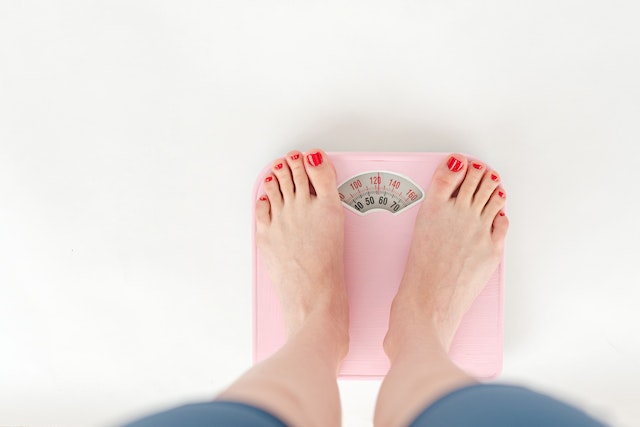Losing weight without exercise and diet can be more challenging, as physical activity and healthy eating are key components of sustainable weight loss.
However, there are some strategies you can implement to promote weight loss or maintain a healthy weight without strict exercise and diet plans.
Here are some detailed suggestions:
12 Tips for Weight Loss without exercise and Diet?
1. Portion control: Focus on portion control by being mindful of the amount of food you eat. Use smaller plates and bowls to help control portion sizes, and avoid going back for seconds. Be aware of your hunger and fullness cues to prevent overeating.
2. Eat whole, unprocessed foods: Choose whole, nutrient-dense foods that are minimally processed. These include fruits, vegetables, lean proteins, whole grains, and healthy fats.
These foods tend to be lower in calories and higher in nutrients, helping you feel satisfied while promoting weight loss.
3. Prioritize protein: Include protein-rich foods in your meals and snacks. Protein helps to increase satiety, reduce appetite, and preserve lean muscle mass.
Examples of protein-rich foods include lean meats, poultry, fish, eggs, dairy products, legumes, and plant-based protein sources like tofu and tempeh.
4. Increase fiber intake: Incorporate fiber-rich foods into your meals, such as fruits, vegetables, whole grains, and legumes.
Fiber adds bulk to your diet, promoting feelings of fullness and reducing overall calorie intake. Additionally, high-fiber foods can help regulate blood sugar levels and improve digestion.
5. Choose healthy fats: Include moderate amounts of healthy fats in your diet, such as avocados, nuts, seeds, olive oil, and fatty fish like salmon.
Healthy fats provide satiety, promote nutrient absorption, and support overall health. Be mindful of portion sizes, as fats are calorie-dense.
6. Stay hydrated: Drink plenty of water throughout the day. Sometimes thirst can be mistaken for hunger, leading to unnecessary snacking.
Staying hydrated can help control appetite and prevent overeating. Aim to drink at least 8 cups (64 ounces) of water per day, or more if you are physically active or exposed to excessive heat.
7. Limit sugary drinks and snacks: Sugary beverages like soda, juices, and energy drinks can contribute to weight gain. Opt for water, unsweetened tea, or infused water instead.
Additionally, limit the consumption of high-calorie snacks and desserts. Instead, choose nutrient-dense options like fresh fruits, raw vegetables, or unsalted nuts.
8. Practice mindful eating: Pay attention to your eating habits and focus on the present moment while eating. Chew your food slowly, savor the flavors, and listen to your body’s hunger and fullness signals. Mindful eating can help prevent overeating and promote healthier food choices.
9. Get enough sleep: Adequate sleep is important for maintaining a healthy weight. Lack of sleep can disrupt hunger-regulating hormones, leading to increased appetite and cravings. Aim for 7-9 hours of quality sleep each night.
Establish a consistent sleep routine and create a sleep-friendly environment to promote better sleep habits.
10. Manage stress: Stress can lead to emotional eating and weight gain. Find healthy ways to manage stress, such as practicing relaxation techniques, engaging in physical activity, or seeking support from friends and family.
Consider incorporating stress-management strategies like meditation, deep breathing exercises, or journaling into your daily routine.
11. Be mindful of eating triggers: Pay attention to situations or emotions that may trigger overeating or unhealthy food choices. Identify your triggers and develop alternative coping mechanisms.
This may involve finding non-food-related activities to engage in or seeking support from a therapist or counselor to address emotional eating patterns.
12. Seek support: Consider joining a weight loss support group or seeking guidance from a healthcare professional or registered dietitian. They can provide personalized advice, support, and accountability to help you achieve your weight loss goals.
Read more posts:
How to increase height before 18
How to find fitness job in dubai
Final words:
Remember that sustainable weight loss typically involves a combination of healthy eating, regular physical activity, and lifestyle changes.
While these strategies can support weight management, it’s important to consult with a healthcare professional for personalized advice, especially if you have specific health concerns or need guidance on creating a comprehensive weight loss plan.
Spread Your Love





